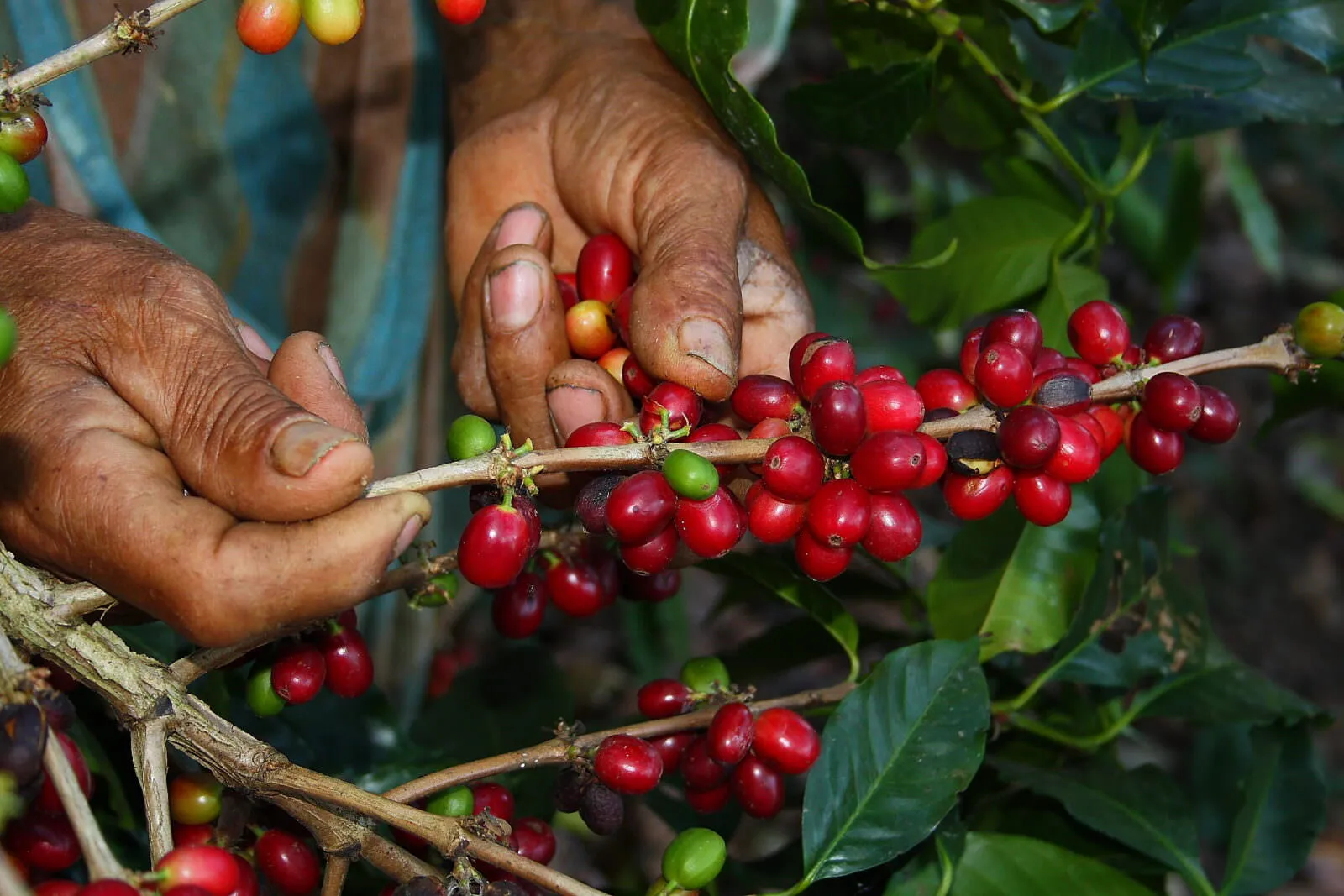At the Rainforest Alliance, we have worked for years to increase yields and incomes, improve social practices and embed environmental sustainability requirements in our certification programs. Yet, a gap remains between the status of certified farms and what we consider truly sustainable production. Progress towards this goal is made more difficult by systemic poverty and lack of resources available to producers. To address this and accelerate impact, producers must have the means to invest in their business.
We believe that creating truly sustainable global supply chains requires a shared responsibility approach so that the costs and benefits of certification are more evenly distributed between farmers and buyers along the supply chain.
To achieve this, we are implementing two requirements for companies as part of our 2020 Sustainable Agricultural Standard (2020 SAS) Certification Program: The Sustainability Differential and Sustainability Investments.
- The Sustainability Differential (SD) is a mandatory additional cash payment made to certified producers over and above the market price of the commodity.
- Sustainability Investments (SI) are mandatory cash or in-kind investments from buyers of Rainforest Alliance Certified products to certified producers for the specific purpose of helping them meet the Farm Requirements of the Sustainable Agriculture Standard.
With these requirements, we are encouraging companies to acknowledge the value of sustainability by investing in and rewarding more sustainable production. For these requirements to be effective, they need to be adapted to meet the needs and operating realities of the coffee sector.
You can read more about these requirements in our SD/SI guidance specific to the coffee sector and chapter 3 of the 2020 Sustainable Agricultural Standard.
What to expect
Paying a premium for certified supply is already a common practice in the coffee sector. A premium was always mandatory for UTZ Certified coffee, and common practice for 2017 Rainforest Alliance Certified coffee.
However, within the 2020 SAS Certification Program, we will move from a premium approach to an SD/SI approach, which will include the following:
- Farm CHs and first buyers* will negotiate the amount of SD and SI to be paid and indicate those amounts on all contracts and in the traceability platform, clearly distinguishing between the SD and the SI. There is no minimum for SD or SI.
- Farm CHs will establish an Investment Plan based on their risk assessment, internal inspections, self-assessments, and management capacity. A template for the investment plan is provided.
- Farm CHs will receive SI (both in-kind and cash) from their first buyers and spend against their Investment Plan. Farm CHs will report on categories of investment spend in the certification platform annually.
- Farm CHs will receive SD from their first buyers. Group Farm CHs are required to transfer the full SD amount to member producers in cash, on a pro-rata basis.
- Downstream Supply Chain CHs will have visibility on the SD and SI paid by first buyers, and eventually, the categories of spend
During the first two years of Shared Responsibility, we will focus on monitoring the implementation of the Sustainability Differential and Sustainability Investment through our assurance and traceability systems. Later, we may adjust our approach as a result of learning from the roll-out of shared responsibility.
Timelines
SD and SI are applicable for coffee volumes sold under the new Rainforest Alliance Certification program as of July 1, 2021.
The use of the Investment plan template (Annex 16) will be mandatory for Farm CHs as of January 1, 2022.
For more information on the timelines for transitioning to the new Rainforest Alliance Certification program please check this page and Annex S14.
Requirement overview
Below is an overview of the requirements related to coffee. Full requirements and guidance can be found in the following documents:
- 2020 Sustainable Agriculture Standard
- Annex S14 Shared Responsibility
- Coffee Shared Responsibility Guidance
|
Requirement |
Coffee |
|
|
Timeline |
For volumes sold under the 2020 Standard starting July 1, 2021 |
|
|
General |
Fixed or minimum SD/SI prescribed by the Rainforest Alliance |
SD/SI amount is negotiable between first buyer and farm CH. |
|
3.2.3 |
Buyer responsible for payment of SD |
first buyer* |
|
3.2.4 |
Contractual agreements exist between farm certificate holder (CH) and buyer to guide SD payment terms |
first buyer* |
|
3.2.5 |
Maximum payment timeframe |
12 months. |
|
3.2.6 |
Reporting of SD payment |
first buyer* |
|
3.2.7 |
Minimum SD amount |
No minimum SD. |
|
3.3.4 |
Buyer responsible for payment of SI |
first buyer* |
|
3.3.5 |
Reporting of SI payment |
first buyer* |
|
3.3.1 |
SI plan for farm CHs |
The use of Annex S16 to create the investment plan will become mandatory for farm CHs as of January 1, 2022. |
|
* First buyer defined as “The certificate holder legally owning the certified product after the initial farm certificate holder” |
||
FAQs
For general questions about our shared responsibility approach, and additional FAQs, please refer to our explainer on shared responsibility.
Key links
Training module: Sustainability Differential
Training module: Sustainability Investments


